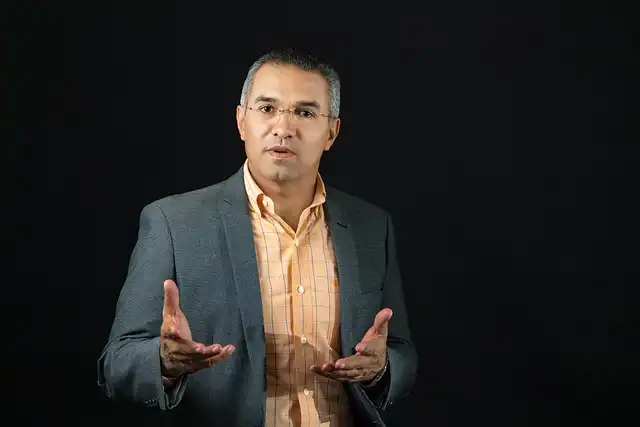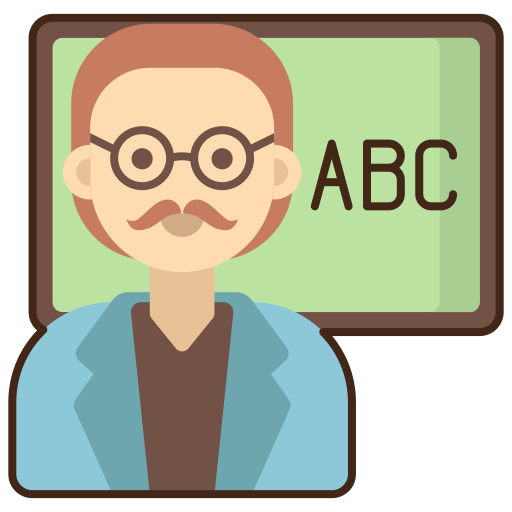The student as client (not customer) (opinion)

Customers are parties who are viewed as needing to be appealed to by vendors who seek to understand what a group of people are interested in and then set out to, ideally, offer a product at an attractive cost (i.e., price) to gain market acceptance and patronage.
While I’ve done no such point, I can confidently say that if I were to cater the self-involvements of a sizable percentage of today’s trainees by doing this (serving their instant, short-term rate of interests as educational consumers), I would certainly jeopardize my teaching ideals and online reputation and water down the course while doing so, leaving trainees with a less extensive understanding experience. I would certainly, by my lots of people’s criteria, have been much less professionally outstanding. When an instructor acts in this way, she or he is, indeed, dealing with pupils as clients.
Considering students as consumers in a class context is clearly misdirected and causes greater than a few adverse implications. Like medical professionals, legal representatives and so on, professors warrant the factors to consider of specialist standing paid for in other common client-based partnerships and are ideal to hold students to higher requirements than would be expected in a student-as-customer transaction. To anticipate anything else from teachers would be to the hinderance of students and the online reputation of the establishment at large.
Initially, professors advancement should reinforce the idea and convey that each teacher in his/her field is a specialist who is expected to work as an authority and deal transformative trainee education rather than cater market (i.e., classroom) stress.
When trainees are checked out as customers, the professor is honor-bound and properly anticipated to supply a training course that offers their field’s acknowledged requirements and techniques, instead of merely providing to the short-term needs of students.
Peer training examinations additionally have a role to play: Associates should make unannounced course visits to price professors on a set of standards that’s even more elevated and expert in nature than what’s shown in many student analyses.
Immediate satisfaction is not an expected purpose beyond the deal of specialized counsel, recommendations and/or know-how. For instance, a bariatric surgeon can not do a stomach-reduction treatment just because somebody wants one done; tax obligation advisers can not permission prohibited tax obligation reductions merely because the client wants to pay less in tax obligations; architects ought not reduce corners on composing plans and plans just to save time or money for the customer. Similarly, professors shouldn’t reduce honest edges relative to mentor products, testing or grading norms, and even participate in extra-credit deals just because a student (as consumer) believes that’s a good idea.
At my university and in the higher ed media, I frequently hear talk of pupils being “consumers” and, by effects, needing to be thought of and dealt with. While I don’t see a requirement to butt into every discussion that recommendations pupils as consumers, I nevertheless am struck by the problem of mounting students by doing this. As an advertising and marketing teacher and a practicing advertising and marketing professional, it is rather noticeable to me how major the implications are when university student are incorrectly deemed clients. Allow me describe.
The student-as-client worths should be dealt with in the recruiting and admission procedure; as soon as on university, trainees need to be consistently oriented regarding what the professor-student connection must be like in regards to what’s anticipated and what’s undesirable. Teachers would certainly do well to underscore and cultivate the terms of student-as-client partnerships in the training course of their training tasks each term.
There is a 2nd problem with widespread approval of seeing the pupil as a customer. Trainees are much less prepared for life past university, and the track record of the organization is jeopardized by their weak efficiency on the task market.
Teacher assessments need to include adapted evaluative actions equivalent to those ranking the service examination of medical professionals, dental experts, monetary advisors and so forth. Such evaluations often tend to focus on concerns of process rather than item: e.g., they may ask whether a teacher has a friendly personality or is accessible for concerns outside of class.
The less complicated and more appealing a transaction can be made by a vendor, the more probable the vendor’s success in promoting sales; this typically implies offering an attractive item at a lower cost, with faster shipment time and/or the benefit of distance.
There are a number of institutional problems that require to be taken care of in addressing what appears to be the persistent– and popular– misconceptions of the student as customer; indeed, the pushback to this mistaken view requires a variety of interventions, a few of which will be quickly noted right here.
In client-type transactions, exchange of time, initiative and cash by the customer are asserted on one party’s expert competence and guidance; the purchaser celebration looks for in the future to take advantage of this know-how and advise. Regular client-based vendor instances consist of medical professionals, dentists, monetary consultants, tax obligation preparers, accounting professionals, specialists, vets and teachers.
Were I to ask the students in among my courses what they were most curious about leaving the course, they practically widely would say– maybe with a smile–” offering a very easy means for me to obtain an A!” And if I were prepared to provide on such a deal by making the course shorter, much easier and less stressful, many trainees would be exceedingly satisfied. I would certainly have satisfied their (illinformed) sight of my role as a good professor. Effectively, I would likely be viewed as creating– for them, certainly– a better item at a less requiring rate.
When pupils are viewed as clients, the teacher is honor-bound and professionally anticipated to supply a course that serves their field’s recognized standards and techniques, as opposed to simply accommodating the temporary needs of students. The detachment cultivated by such considerations need to in no chance restriction approachability or the felt affection of the solution provision by the professor. It is in the mutual passion of both celebrations in a client-based purchase to offer first-class solution when it comes to cordiality, convenience of gain access to, amiability, individual passion and respect.
As kept in mind previously, there are 2 types of exchange conditions, which brings us to consider the other kind of transactional process, where students are not clients but instead are customers. In the client-centered transaction, there is an extremely various collection of assumptions and ground rules that specify and afterwards direct what the provider-buyer relationship is like and what’s anticipated to occur.
While I do not see a demand to butt into every discussion that recommendations pupils as customers, I nevertheless am struck by the issue of framing pupils this means. As an advertising and marketing professor and a practicing marketing expert, it is rather evident to me exactly how severe the implications are when university students are wrongly viewed as consumers. While I have actually done no such point, I can confidently say that if I were to pander to the self-involvements of a large percentage of today’s students in this method (serving their instant, short-term interests as academic customers), I would compromise my training perfects and track record and water down the program in the procedure, leaving students with a much less extensive discovering experience. Teachers should not cut ethical edges with respect to mentor products, screening or grading standards, or even get in right into extra-credit deals simply since a trainee (as customer) thinks that’s a good concept.
There are 2 sorts of transactional customers: clients and clients. Clients are parties that are deemed needing to be interested by suppliers that seek to recognize what a team of individuals have an interest in and after that set out to, ideally, provide an item at an eye-catching cost (i.e., rate) to acquire market approval and patronage.
To begin with, professors are all also often anticipated by provosts, deans and chairpersons to obtain as beneficial training analyses as possible from students, that are frequently immature, shortsighted, self-centered and normally naïve as to the objective of higher education and learning in their professional lives or the duty a specific program may have in their future ambitions. An accomplished associate of mine was just recently ranked down badly by trainees for having examinations that were grading and also tough practices that were checked out as too hard.
In this sort of transactional relationship, the carrier is bound by expert standards to honor well-known, acknowledged ideals, standards and techniques in his/her area of expertise. To put it simply, there is a hard limit as to what the expert can or need to be anticipated to do in supplying a or else worthwhile and important deal.
( It is past the extent of this discussion to check out when and just how trainees do in reality play the function of “consumer” at any type of offered institution of higher learning. That role is certainly existing in numerous noninstructional settings, including when it come to dining solutions, leisure activities, household life and physical centers. The attention paid to see trainees as customers in these [and various other] contexts deserves a separate conversation and set of factors to consider.).
1 community college students2 customers
3 professors
« College IT Apprenticeships Provide Actionable Learning ExperiencesMore awareness of GED as on-ramp to college needed (opinion) »
